Date: 10 June 2008
Although some Passive Houses have already been built at prices typical of conventional housing, the high quality of the individual components means construction costs can typically be 5 to 8% higher than for standard houses (in Europe).
However, as soon as on-going costs such as operation, maintenance and repair are considered, a Passive or Isover Multi-Comfort House will begin to pay for itself after only a few years.
Data in an Isover guide to planning and realising the Multi-Comfort building of the future shows energy costs for a Passive House can be 88% less than for a standard house and when it comes to total operating costs (energy + maintenance + repair), 83% less. And with energy costs set to rise substantially over the new few years, Multi-Comfort Houses will be the low-cost alternatives for the future.
In addition, while they may be sustainable passively (by saving energy), they are also sustainable actively, from the start of construction, as about 30cm of solid brick or 105cm of concrete would be required to achieve the insulating effect of 1.5-2cm of sustainable glass wool insulation material.

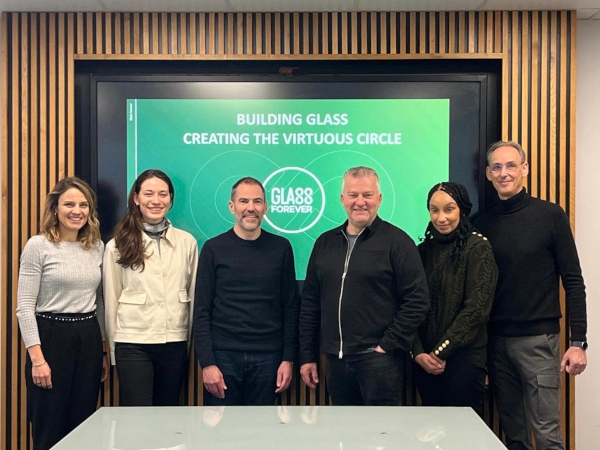

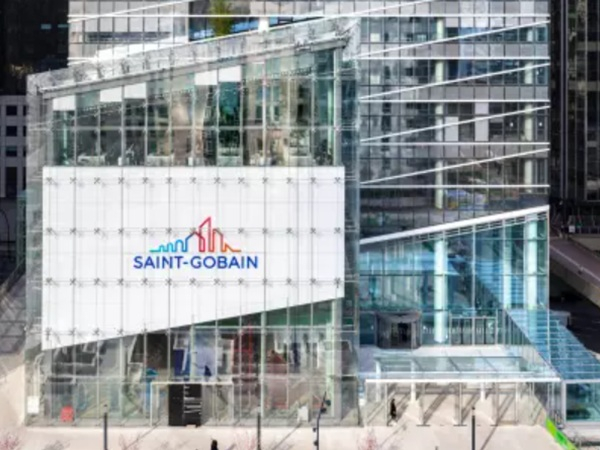
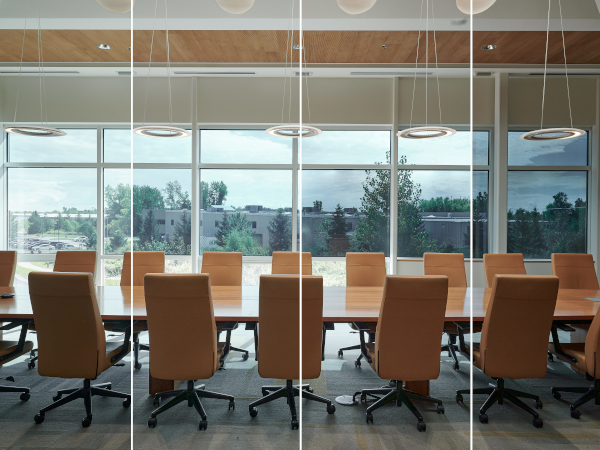
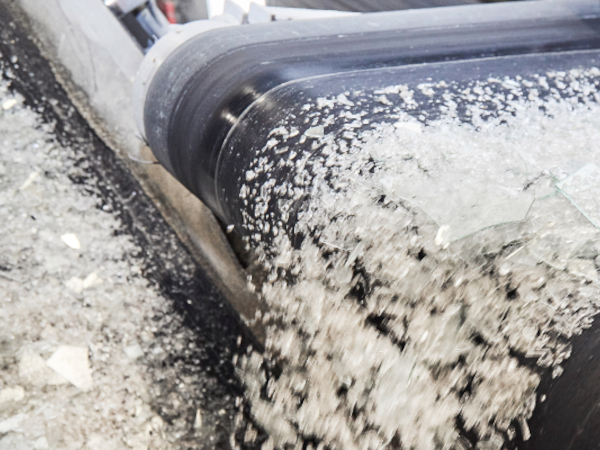

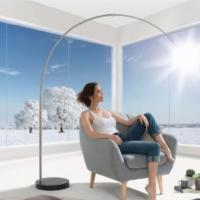


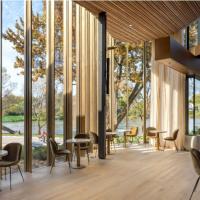

Add new comment